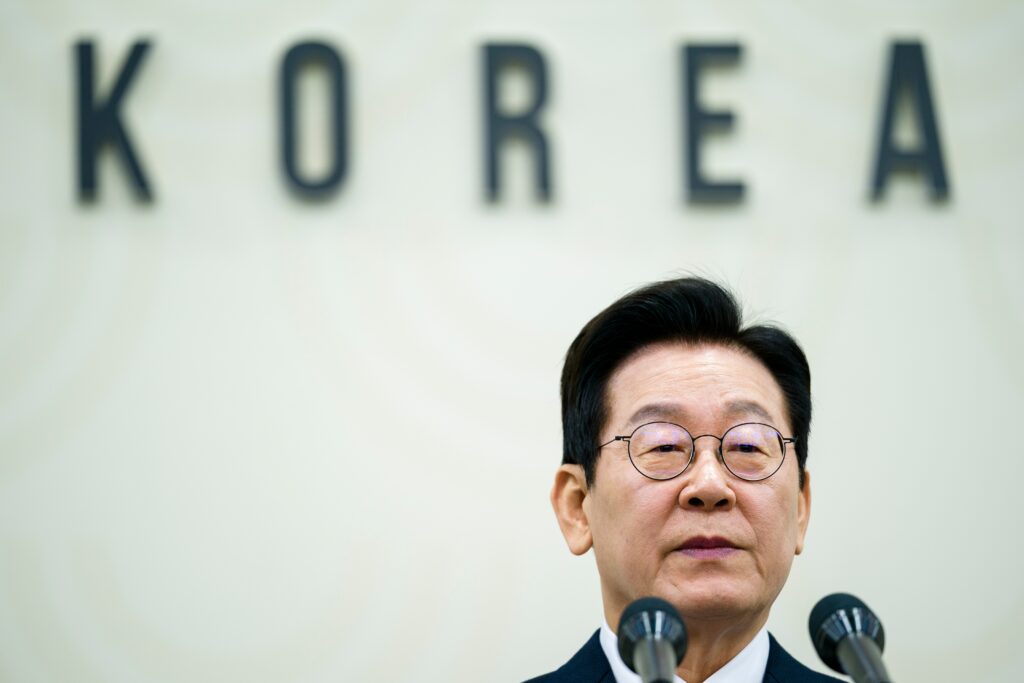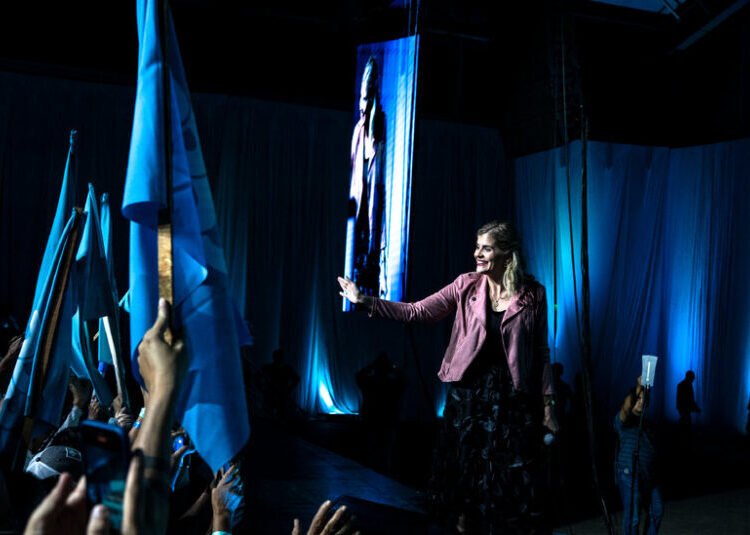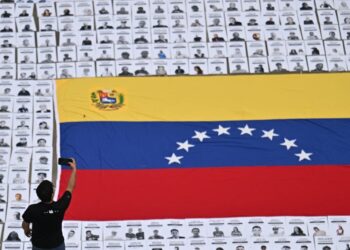No serious politician in a democracy would openly admit to opposing free speech, and even some authoritarians pretend to reject censorship. The real danger for democratic societies is when officials crack down on free expression by labeling it something else. See South Korean President Lee Jae-myung’s recent call to criminalize “disinformation.”
No serious politician in a democracy would openly admit to opposing free speech, and even some authoritarians pretend to reject censorship. The real danger for democratic societies is when officials crack down on free expression by labeling it something else. See South Korean President Lee Jae-myung’s recent call to criminalize “disinformation.”
“We can no longer overlook hate or disinformation disguised as opinion,” he told his Cabinet this week. “Acts that distort facts or violate human dignity are crimes that must be punished as such.”
That might sound reasonable to some. After all, who doesn’t oppose racism and lying? But it’s helpful to think through what exactly the president is calling for: that speaking words the authorities believe to be false should see South Koreans rounded up, hauled into court and put behind bars.
The exact definitions of misinformation and disinformation seem to always be changing, from satire to language that is genuinely problematic. Lee throws around lots of scary words: “disinformation,” “false or fabricated information,” and “hate speech.” Much scarier than these words, however, is the idea of the government defining them. After all, if the government classifies this kind of speech as criminal behavior, that means it’s up to the government to determine what constitutes disinformation.
It wasn’t long ago that it was considered disinformation to ask if covid-19 might have leaked from a Chinese research lab. Top officials in the Biden White House called videos of the frail president “cheap fakes” and derided legitimate questions about his mental acuity as conspiracies. Imagine a government empowered to imprison people for asking such questions.
Strange and unlikely theories are often debunked when met with rigorous debate. Sometimes they are proven right. Either way, there is no better way to guarantee a surge in conspiracy theories and extreme ideology than for any government to start locking people up for their ideas.
Successive governments and political parties in South Korea have tried to implement free speech crackdowns, with each of the past three presidents pursuing legal cases against opponents rooted in disputes over speech. Currently, some speech can be prosecuted through defamation laws, but Seoul is looking to enact new legislation to make criminalizing speech easier. One idea under consideration is a ban on “hate speech.”
This should serve as a warning to all free societies. In the United Kingdom, “noncrime hate incidents” led to the arrest of a comedian for controversial jokes written on X. Americans are quickly falling into the bad habit of sending the police after politicians and their aides once they leave office. The Biden administration even toyed with the idea of a Disinformation Governance Board, which was suspended within a matter of weeks after bipartisan backlash.
Ushering in censorship under the guise of “disinformation” erodes trust and encourages further skepticism. No free people should follow Lee down the Orwellian path he wants to take South Korea. But any country could go that direction if it is not vigilant in upholding its commitment to free speech.
The post A South Korean warning for America on free speech
appeared first on Washington Post.




